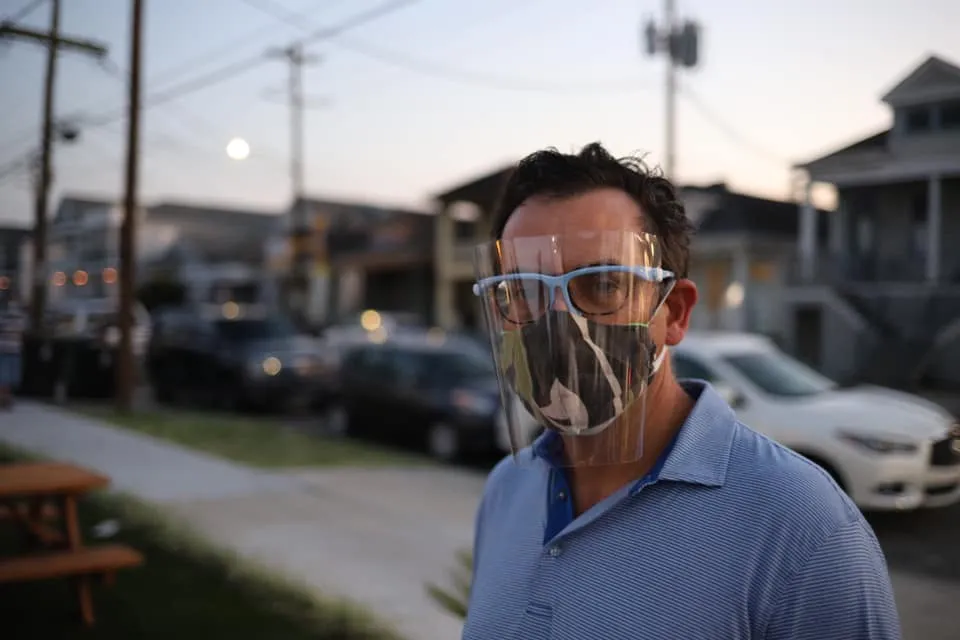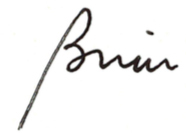
Writing this note for the first newsletter of the 2020-21 academic year has special meaning to me. This past week, the much-anticipated fall semester got underway.
It has been a summer like none other. Gone were so many of the summer activities and events that we look forward to each year, from cookouts and festivals to concerts and ball games. With travel severely restricted, vacations were put off; research trips to archives or field sites postponed for another time. Summer internships and jobs moved online, when they weren’t cancelled altogether.
In their place, we worked from home, whether in overcrowded households (without summer camps for the children) for some of us, or in social isolation for others. From our homes, we followed news as Covid-19 contracted in some areas, and then surged in others. A new term was coined—“doomscrolling”— to describe the experience of following multiple global crises from our phones or computers. We searched for means by which to cope.
All the while, many across Tulane worked tirelessly to bring our students and faculty back to campus in an environment built to maintain public health during an historic time. The slower, more contemplative rhythm of the typical summer on a college campus gave way to an intense schedule of meetings and planning, much of it on Zoom.
Virtual planning sessions led to a massive on-the-ground operation, as partners in facilities, campus services, and IT transformed the campus with 18 impressive temporary classroom buildings, a temporary dining facility, our own “tents for the arts,” and the retrofitting of classrooms with technology that allows students to be present even when they are not able to be in class. Our Campus Health division, working with the School of Medicine and our School of Public Health, developed a testing and public health protocol second to none. With research on the novel coronavirus constantly yielding new discoveries, we made adjustments, scrapped some plans and developed new ones.
In the School of Liberal Arts, we recrafted our curriculum so as to be able to protect the most vulnerable, while providing a world-class education to our students in this complex new environment. With more than 370 faculty teaching for the School of Liberal Arts this fall, and more than 1,300 classes on our schedule for the fall, we developed a range of online, in-person, and “hybrid” classes across our curriculum, at the high quality we expect of ourselves. Liberal Arts faculty engaged in training and took courses to learn techniques and methods for teaching in the new formats.
And while all of this work was going on, millions across New Orleans and the world came together in protest of the latest expression of the deep and persistent racism in our society. The killing of George Floyd by a Minneapolis police officer on Memorial Day, a vicious act that resonated with countless other killings of African Americans, spurred urgent manifestations and vital discussions, in public gatherings and marches and in public fora on social media.
The two trajectories that marked this summer not only intersected in time, but in more profound ways too. Last spring, when the Covid-19 shutdowns were new, people frequently asked when we might get back “to normal.” But as the discussion around systemic racism reminded us and taught us, we decidedly do not want to get back to a “normal” that excludes and represses so many of our brothers and sisters, our colleagues and students.
As we do the incredibly challenging work of setting up a safe learning environment for the Tulane community, we are innovating in many ways. We are also asking what aspects of the pre-Covid world we want to recuperate, and which we might leave behind.
I have never felt more certain of the centrality of the kinds of discussions we have in the liberal arts to the world we are in the process of remaking. I have never felt more energized by the students and faculty and staff of this great School. This will surely be a year like none other—I look forward to our work together.

Brian Edwards
Dean and Professor

